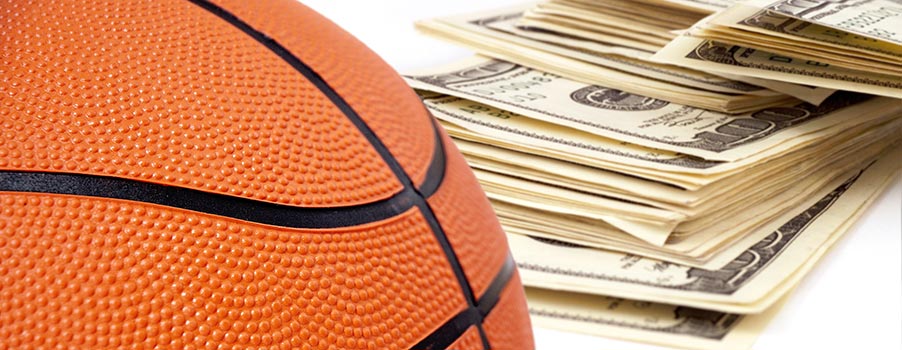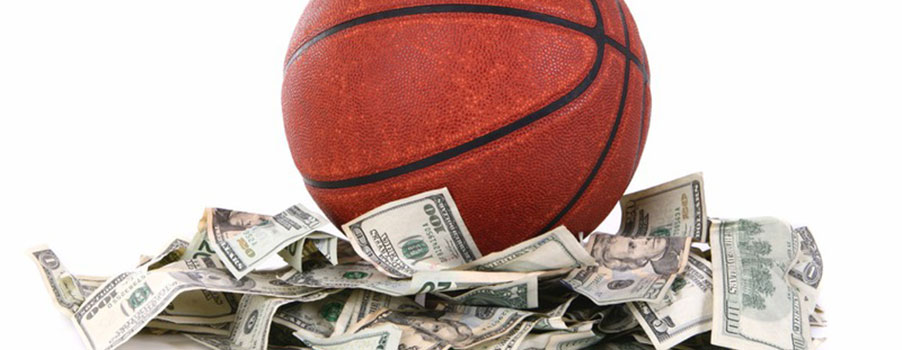On Saturday, NBA commissioner Adam Silver cited the extraordinary value of the league’s intellectual property in an argument meant to justify the controversial royalty that the NBA and other professional sports leagues have been asking for in case the Supreme Court legalizes sports betting countrywide. In what was his first public comment following the NBA’s move to outline a model framework for a legal sports betting marketplace back on January 24th, Mr. Silver said that the league should be compensated. The reason he gave was that the league would be incurring more expenses in case the law that prohibits professional sports betting is reversed.
At the New York Senate hearing on January 24th, the league, through Adam Silver, proposed the so-called 1 percent integrity fee for gaming operators from the total handle of all the wagers on the games in states where sports betting is already legalized or will be legalized in the future.
“I would only say from the NBA’s standpoint we will spend this year roughly $7.5 billion creating this content, creating these games,” Silver said at an NBA All-Star Weekend press conference. “Those are total expenses for the season. So this notion that as the intellectual property creators that we should receive a 1% fee seems very fair to me.”
The leagues and their lobbyists have been insisting that the fee is correlated with monitoring that is associated with sports betting. They have further pointed out that the proposed integrity fee will be used for ensuring game integrity due to the “increased expenses” that are part and parcel of sports betting markets. However, the proposed integrity fee does not, in any way, put any strings on how the leagues will need to use it.
Not Many Are Buying the Idea
NBA’s proposal has been met with lots of resistance especially from major international sports books and gambling trading industry trade groups who see the fee as a levy of some sort and this, according to them, will have a negative impact on their operations. Case in point, for a Nevada sportsbook that pays top state taxes amounting to 6.75 percent of its gross sports gambling revenues along with the 0.25 percent federal excise tax, the amount that the professional sports leagues will get out of the sportsbook’s annual revenue lies between 15 percent to 20 percent.
Ohio Lawmaker Gets Involved
NBA’s request is attracting a lot of attention and now an Ohio lawmaker has gotten into it. The lawmaker hopes that the Legislature does not give in to the demands to share potential sports wagering revenue with the leagues.
“I think the 1 percent integrity fee is an absolute joke,” said Fluharty, lead sponsor of the House legislation. “Nevada doesn’t even pay them. I can’t help but see the irony that MLB won’t let Pete Rose in the Hall of Fame because he bet on sports, yet now the league wants to make money on sports betting.”


